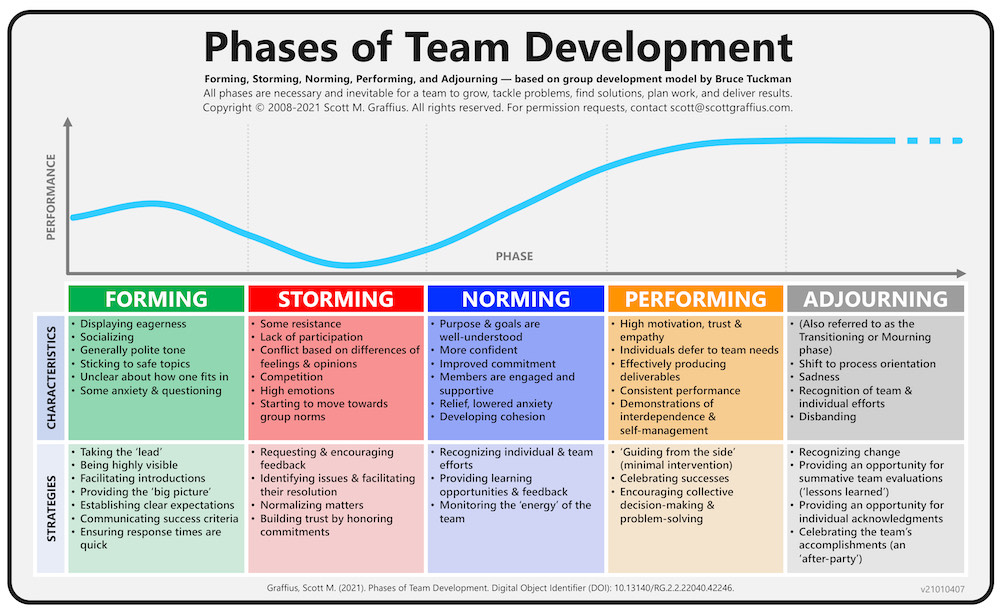
Welcome to Lesson 1 of “Key Skills for Youth Leaders”! In this lesson, we will delve into the importance of teamwork and collaboration in youth leadership. Effective teamwork is vital for achieving common goals and fostering a supportive environment. You will learn about the stages of team development and strategies to enhance collaboration within your team.
Learning Objectives
- Understand the importance of teamwork in leadership.
- Develop strategies for effective collaboration.
- Identify the stages of team development.
Lesson Content
The Importance of Teamwork
Teamwork is the collaborative effort of a group to achieve a common goal or to complete a task in the most effective and efficient way. It is a crucial aspect of leadership because it promotes a sense of unity and cooperation among team members. Effective teamwork can lead to innovative solutions, increased productivity, and a more enjoyable working environment. As a youth leader, fostering a culture of teamwork helps ensure that everyone is working towards the same objectives and feels valued for their contributions.
Strategies for Effective Collaboration
- Setting Clear Goals: Clearly define the team’s objectives and ensure that everyone understands their role in achieving them. This clarity helps keep the team focused and motivated.
- Encouraging Open Communication: Create an environment where team members feel comfortable sharing their ideas and concerns. Open communication fosters trust and allows for the free exchange of information.
- Building Trust: Trust is the foundation of a strong team. Be reliable, transparent, and supportive. When team members trust each other, they are more likely to collaborate effectively and take risks.
- Leveraging Strengths: Recognize and utilize the unique skills and talents of each team member. Assign tasks based on individual strengths to maximize efficiency and effectiveness.
Stages of Team Development
- Forming: The team comes together and gets to know each other. During this stage, the leader’s role is to provide direction and encourage open communication.
- Storming: Conflicts may arise as team members assert their opinions and vie for positions within the group. The leader should facilitate resolution and help the team navigate through this challenging phase.
- Norming: The team establishes norms and roles, leading to more cohesive and organized work. The leader supports the development of these norms and ensures that everyone understands their roles.
- Performing: The team works effectively towards their goals, with minimal conflict and maximum cooperation. The leader’s role is to maintain momentum and provide support as needed.
- Adjourning: The team disbands after achieving their objectives. The leader should help the team reflect on their achievements and provide closure.

Additional Materials
• “How to turn a group of stranger in a team” by Amy Edmondson (TED Talk)